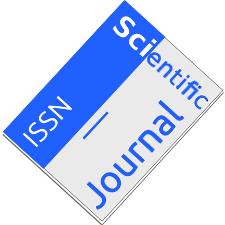- Home
- Department
- Research
- Teaching
- Post Graduate Studies
- Services and Equipment
- Knowledge Transfer
New publication: Mutant p53 potentiates the oncogenic effects of insulin by inhibiting the tumor suppressor DAB2IP
News typology:
home
Obesity and type 2 diabetes are significant risk factors for malignancies, being associated with chronic inflammation and hyperinsulinemia. In this context, insulin can synergize with inflammation to promote proliferation, survival, and dissemination of cancer cells. Point mutation of p53 is a frequent event and a significant factor in cancer development and progression. Mutant p53 protein(s) (mutp53) can acquire oncogenic properties that increase metastasis, proliferation, and cell survival. We report that breast and prostate cancer cells with mutant p53 respond to insulin stimulation by increasing cell proliferation and invasivity, and that such a response depends on the presence of mutp53. Mechanistically, we find that mutp53 augments insulin-induced AKT1 activation by binding and inhibiting the tumor suppressor DAB2IP (DAB2-interacting protein) in the cytoplasm. This molecular axis reveals a specific gain of function for mutant p53 in the response to insulin stimulation, offering an additional perspective to understand the relationship between hyperinsulinemia and cancer evolution.

Last update: 07-14-2017 - 14:08



